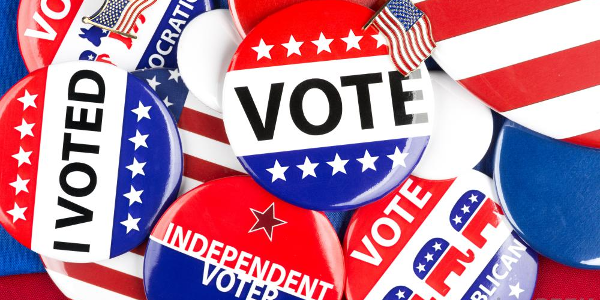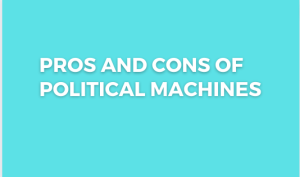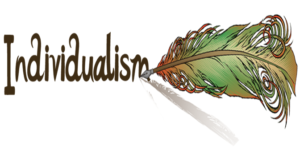Political parties are the vehicles on which most politicians use to ascend to power. The parties are usually made up of individuals who share a common goal and perspectives about life and other doctrines. Most political parties are usually led by a party leader who spearheads the agenda of the party. Below are some of the advantages and disadvantages of political parties.
Pros:
1. They encourage public participation: Political parties play a crucial role in encouraging the public to participate in political affairs that directly affect them.
2. They create checks and balances: Political parties play a pivotal role in creating checks and balances against the excesses of the party individuals who might want to do things to advance their own self interests.
3. Distribute information throughout the society: Political parties are an ideal tool that could be used to distribute information throughout the society through its members in the grassroots.
4. Water down special interest investments: Political parties play an important role in cupping vested interests that may be perpetuated by people who want everything for themselves.
5. Help decisions be made quicker: Political parties also come in handy in cases where decisions need to be made quicker. Decisions made by the party are binding to all party members.
6. They create connections: Political parties bring a lot of people together and create meaningful connections that would otherwise be unavailable in the absence of a group of people with common interests.
7. They can relay information in a manner that is readily understandable: Political parties are a representation of the people and can therefore be used to relay information to the people in a manner that can be understood by all.
8. They provide a balance to accommodate various interest: Political parties bring people from diverse backgrounds together and therefore provide a platform for these people to accommodate each other’s interests.
9. They bring stability: Political parties play an important role in bringing stability not only to the members but also to the people at large.
10. They encourage political participation: Political parties are an avenue for people with different political opinions to express their views and therefore encouraging political participation at various levels.
Cons:
1. They can be abusive: Political parties may sometimes be misused by party members to abuse their powers and misuse other members of the party.
2. They encourage polarization: Political parties may end up encouraging polarization especially between members of different political parties within a given jurisdiction.
3. They prioritize themselves: Each political party has interests that they must take care of first and they therefore prioritize themselves in each and everything they do.
4. They sacrifice individuality: As a member of a political party, you are doomed to accept every decision made by the party even if you do not agree to it and therefore sacrifices individuality.
5. They invite corruption: Political parties are sometimes carriers of mega corruption within the ranks of the members especially in cases where the top ranking members are involved.
6. They could have a selfish propaganda that could hurt national interest: Political parties could be manipulated to have selfish agendas and propaganda to feed few members of the party which may hurt national interests.
7. They create factionalism: Political parties are the ideal avenues for factions where people from one party create a faction and those of a different party belong to another faction. These factions may be an avenue for polarization and social exclusivity.
8. They encourage corruption: Political parties sometimes encourage corruption among its ranks because of the protection they give to members. Members who are implicated in corruption are protected by their members within the party.
9. They bring a sense of exclusion: Political parties encourage exclusivity where if you are not a member of a given political party you feel like you do not belong at all. This may also create divisions between members of the society who belong to different political parties.
10. Inequality: Political parties are a breeding ground for inequality in the society. There is the threat of members of one party being favored over the members of a different party which also creates divisions.



